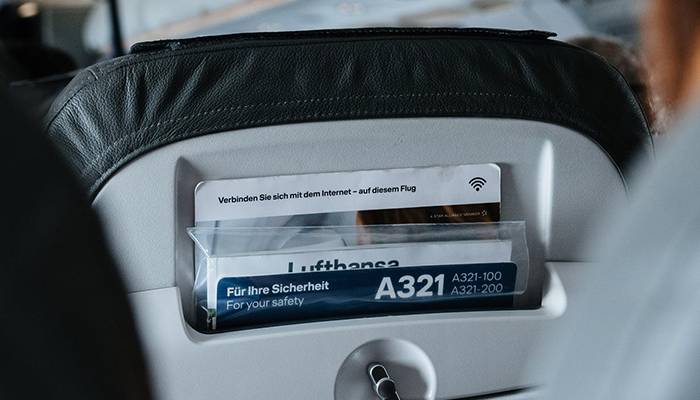Protect Travel Documents
Travel documents are one of the most important possessions that a person can have while travelling because they ensure that a person is able to get back into the country and that other people know where that person is, should an emergency occur. Two copies should be made of the passport of the person who is going on the trip and his or her itinerary and day-to-day events. One of these copies needs to be given to a person at home who would be able to assist in the case of an emergency, and another needs to be kept nearby to the person who is travelling. They should be separate from the original. The original documents should be safely on a person’s body. It is also recommended to scan a copy of the document into the computer and then email the file to the person who is going on the trip. These copies will make it easier for a person to get new versions of his or her travel documents should the originals be lost or stolen. Carry a government issued photo ID at all times, because it will be needed to replace a lost or stolen passport. If the passport should be lost or stolen, report it and it will be cancelled. The US embassy in the country in which you are travelling will be able to assist travelers who have lost their documents.
Prepare for Emergencies
Leaving an itinerary, as well as all of the contact information that might be needed will help a person travelling prepare for an emergency to occur. The itinerary should include the phone numbers of all of the people who will be travelling, the days at which they will be at certain hotels and the phone numbers of those hotels, and the phone number of the travel agent. It is important for the person travelling to also have all of this contact information. Travel insurance information should also be carried if it was obtained.
Medical Information
Always keep prescription medications in the carry on bag so that they will not be stolen or lost accidentally. It is also important for a person to carry a physical copy of the prescription for any medications that he or she might be taking in case he or she needs to replace them while travelling. These prescriptions should be stored in a safe place. It is also important to make sure to know the generic names of the medications because some areas in which a person might be travelling will not have the name brand medications. If needed, wear a medical alert bracelet. Consider getting travel insurance that covers a person in the case of getting sick or being injured while travelling. Travel insurance will usually provide any transportation costs to the nearest, functioning medical facility, any costs that regular health insurance will not cover, and referrals to doctors who are in the area. They will also be able to contact family members or other emergency contacts if there should be a problem.
Money vs. Credit Cards
Try not to change money at hotels or kiosks because they will tend to charge excessive fees. Carrying cash, although easily stolen, will make it much easier for a person to budget his or her trip and tends to be accepted by most vendors. Traveller’s checks and reloadable money cards can be easily replaced if they are lost or stolen. Make sure that you have a list of all locations that need to be contacted should they be lost or stolen. Credit card companies need to be contacted in advance to let them know about the travel plans, so that the card will not be denied. Make sure that there are no additional fees should a person need to use the credit card. Consider finding a bank in the area that can be used to withdraw cash at the best rate of exchange. Make sure that all forms of payment are treated carefully and kept in a secure location at all times. This will ensure that a person is able to continue being able to fund his or her trip without difficulty.
